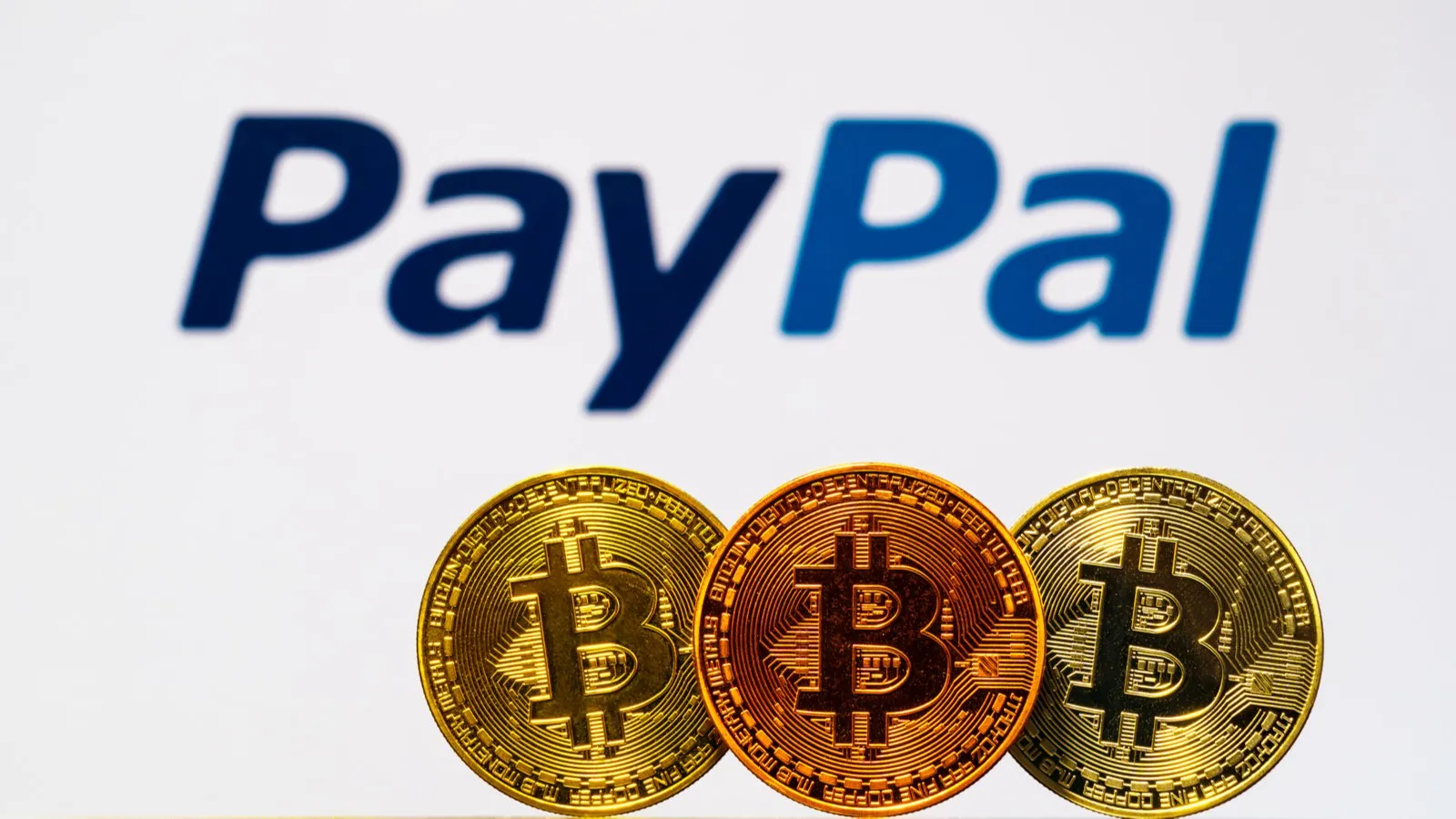U.S. payment processors PayPal and Venmo have added support for Ethereum Name Service, meaning that people can send crypto payments to ENS usernames, according to a press release from ENS Labs.
The new integration simplifies wallet address management and reduces the risk of errors, the companies said in a statement.
The feature, available initially for U.S. users, will simplify how users interact with crypto on these platforms. Previously, users had to input long wallet addresses manually or scan QR codes, creating friction and increasing the risk of sending funds to incorrect recipients.
With ENS, users can enter an ENS name directly into PayPal or Venmo to automatically retrieve and verify the associated wallet address.
"We are excited to bring ENS’ naming capabilities directly into the hands of millions of users through Venmo, PayPal Mobile, and PayPal Web," said Khori Whittaker, Executive Director of ENS Labs. "As digital assets become more mainstream, our goal is to ensure managing those assets is intuitive and user-friendly."
ENS has been going to great lengths to add usability to its domain names. In February, the company announced it has partnered with web domain registrar GoDaddy to allow people to link a .com web address that they own to their ENS name (.eth), and therefore an Ethereum wallet address.
This new integration is part of PayPal and Venmo’s ongoing push to expand its presence in the crypto market.
Earlier this year, PayPal expanded crypto offerings with MoonPay integration to allow users to purchase crypto with debit and credit cards. PayPal also introduced its PYUSD stablecoin on Venmo, enabling users to transfer stablecoins between both platforms.
"Working with PayPal and Venmo allows us to reach those who are new to the space and those who prefer the familiarity of Web2 payment platforms," added Marta Cura, Director of Business Development at ENS Labs. "By bringing ENS to platforms they already know and trust, we’re making it easier for users to navigate the complexities of cryptocurrencies."


